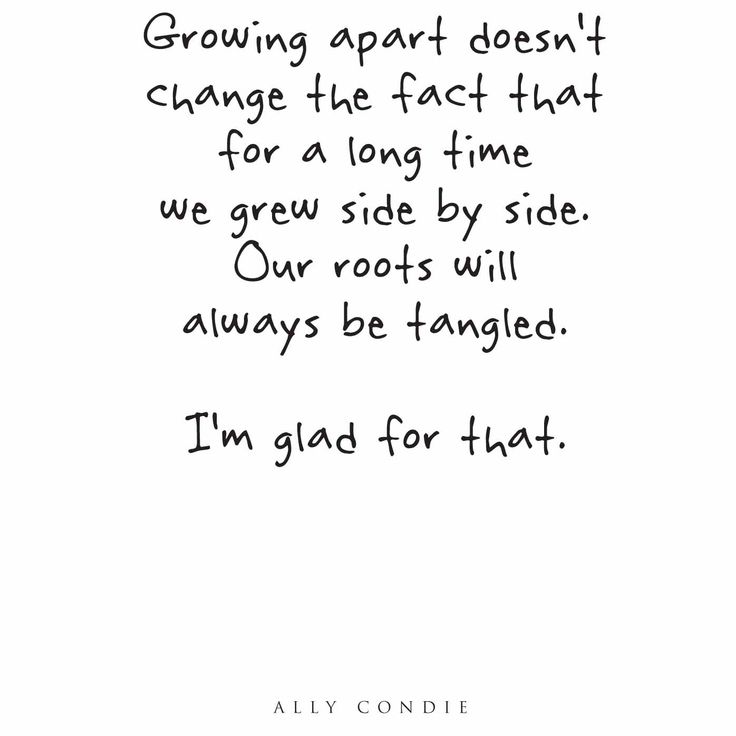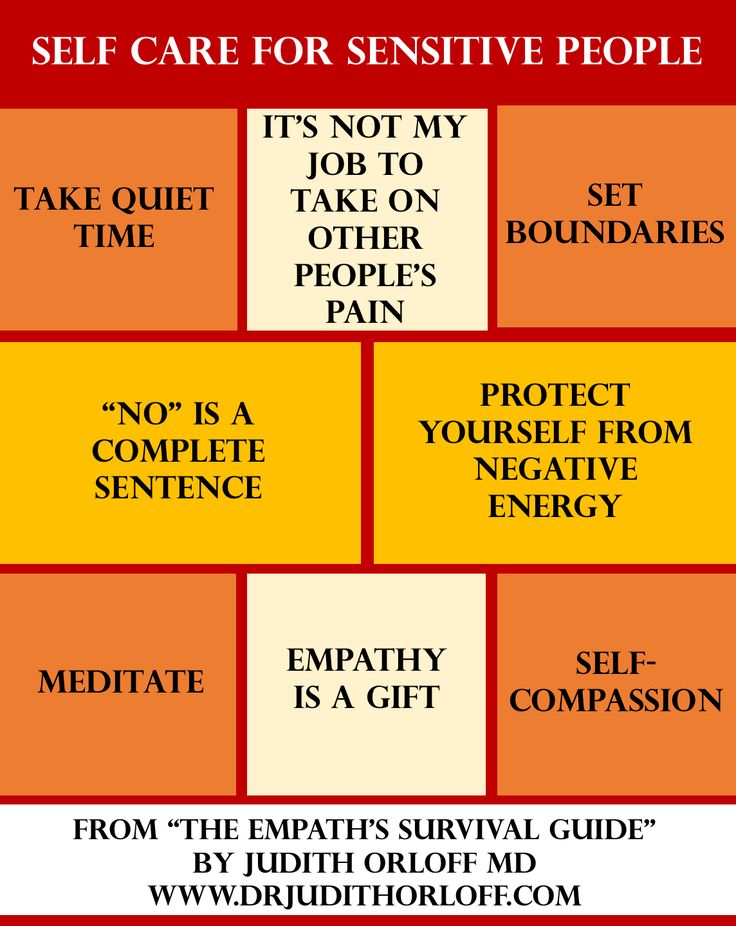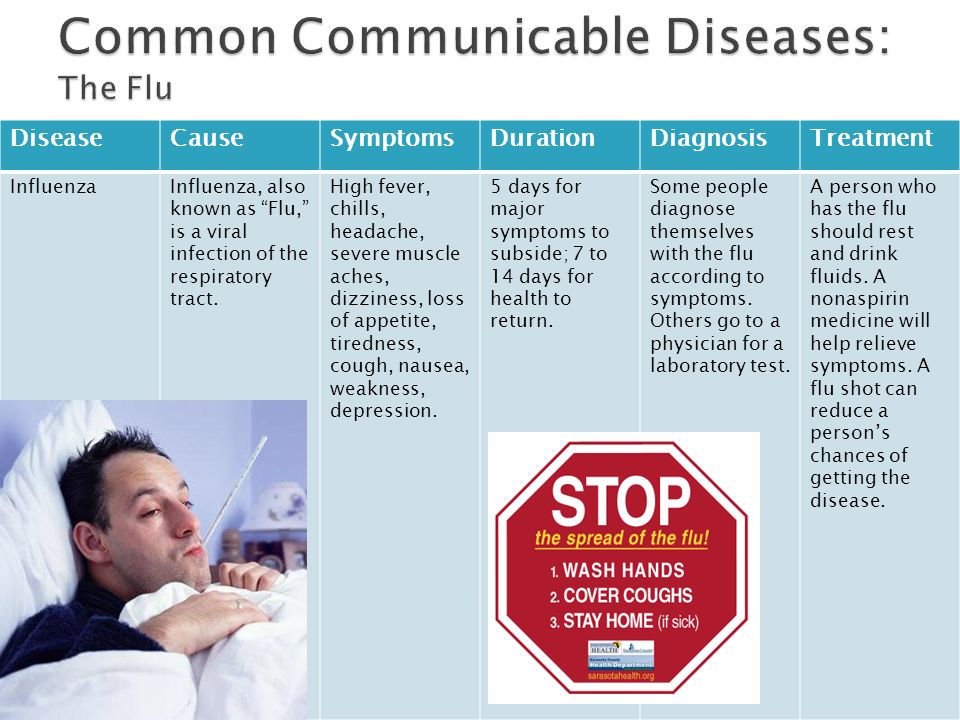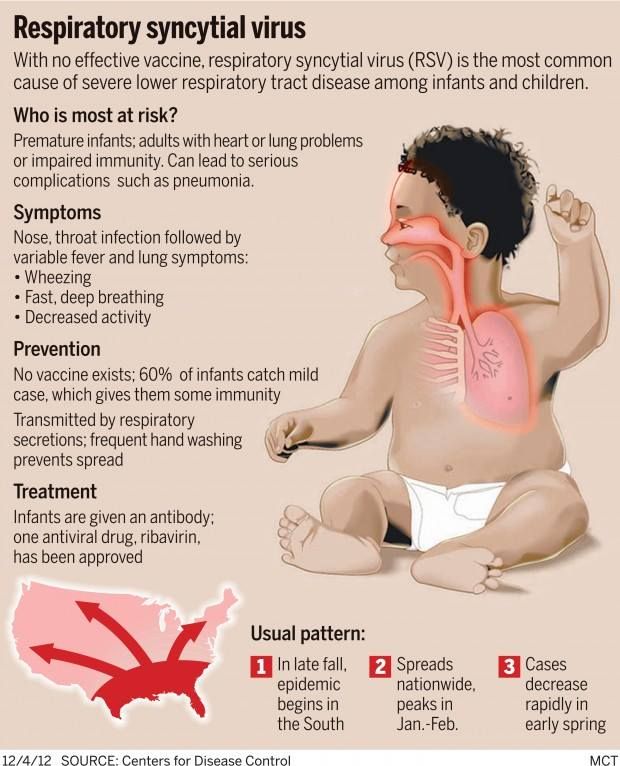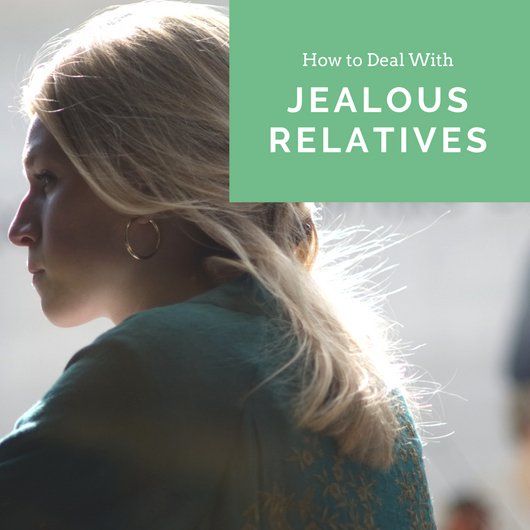Fear of friendship
Commitment phobia: psychology of distant friendships
Relationships- Share
- Tweet
Got a friend who never seems to be 100% ‘in’? Psychologists explain how commitment phobia is affecting our friendships, and how to spot it.
When it comes to our closest friends, maintaining healthy boundaries is the key to a successful and mutually fulfilling relationship.
Of course, in an ideal world we’d want to be available for every emotional 1am drunk dial, after-work rant or post-break-up movie night, but there is also a fine line to be walked between availability and exhaustion.
And even though we try to fill our lives with friends that we know would be there if we needed them, most of us will also have those ‘friends’ that just don’t seem to have the time for us. You can’t seem to pin them down to do anything in the future and you always feel like they’re one foot in and one foot out of the relationship.
They may be historic friendships that could do with a little nurturing, but every time you text them they leave you on read for days. Or they could be the chronically flaky friend, who always changes the plans or cancels at the last minute.
But when this happens time and time again, it becomes more than just an annoying habit. It could be an indication of “commitment phobia”, something which, according to psychologists, doesn’t just happen in romantic relationships.
“Commitment phobia is the fear and anxiety when getting close to people, or making relationship decisions that have a long-lasting effect,” Tahura Adil, MSc, the psychologist behind the @mindovermoon Instagram account explains.
You may also like
Psychology: the rise of ‘trauma dumping’, and how to handle it when a friend overshares
“It’s natural for many people to feel anxious when making big life choices. But for some, the idea of committing – whether it be to a new job or a new relationship – brings on intense feelings of anxiety and an urge for avoidance.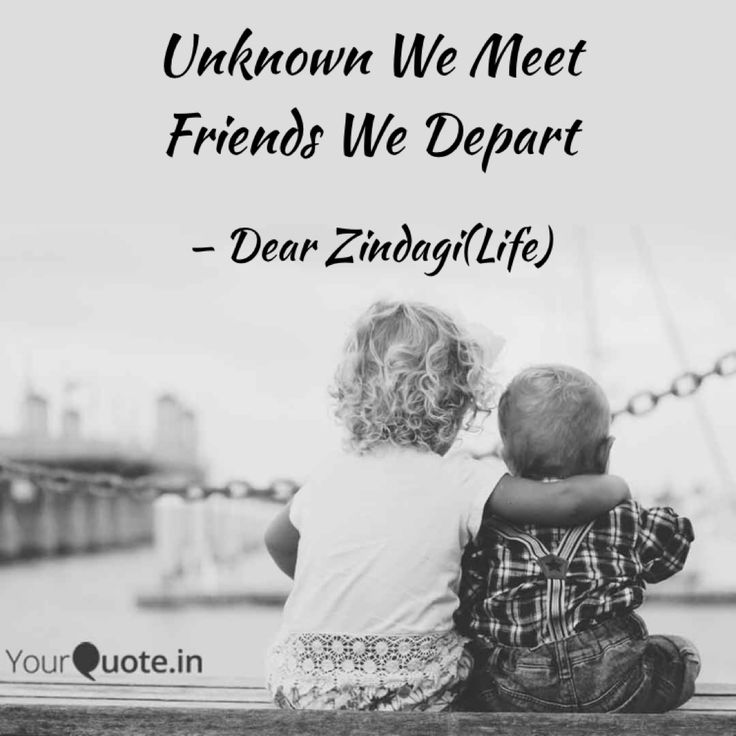 ”
”
In an Instagram post, Adil and Dr Jenn Anders shared that commitment phobia can actually include fear of commitment across several dimensions, not just romantic relationships.
What does commitment phobia look like?
The post details the different manifestations of commitment phobia in different scenarios, from being overly picky in preference – in both friendships and romantically –, to being overly independent and self-reliant.
The psychologists explain that having a large group of casual friends but no close friends can also be a sign that an individual is struggling to commit, as well as a tendency to only stick around for the ‘honeymoon’ phase of a relationship, jumping ship when the shine starts to wear off.
You may also like
Psychology: do you have a social vampire in your friendship group? Here’s how to handle them
They also acknowledge that poor communication and being difficult to get in touch with are defensive mechanisms that help someone maintain a distance between them and another.
However, it’s important to note that a fear or rejection of commitment is not the same thing as commitment phobia. As Psych Central notes, a phobia is a persistent, intense, and sometimes irrational fear of something that leads you to organise your life around it in order to avoid what you fear.
What causes commitment phobia?
The post identifies some of the main causes as having experienced damaging previous relationships that included infidelity, abuse or abandonment.
Those that suffer from attachment issues and have difficulty trusting others are also more likely to indicate commitment phobia in their behaviour.
If your friend has a fear of commitment or commitment phobia, it doesn’t necessarily mean they don’t value you, don’t want to spend time with you or are rejecting you.
These unaddressed fears and unhealed traumas create a fear of ending up in a satisfying relationship in case the individual feels trapped or burdened, even if they crave intimacy at the same time.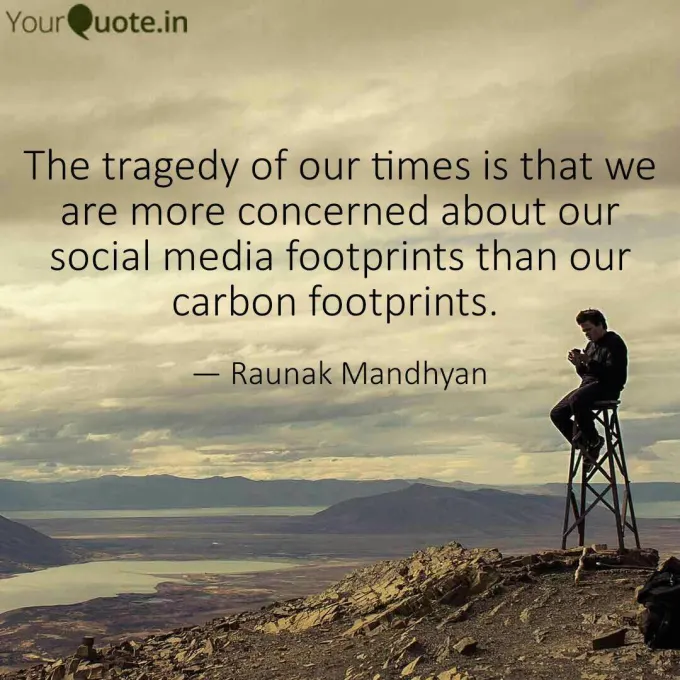
You may also like
This is how to embrace commitment when you’re a commitment-phobe
How to overcome commitment phobia
For many people, the idea of something being “long term” can feel daunting, but for individuals experiencing commitment phobia, the post suggests acknowledging that you do want a close relationship.
“You may not want one right now, and that is OK. But when you do decide it’s time, start by acknowledging this is something you want. Recognising this change takes time, energy and effort, so adjust your expectations and it will help you in the long run.”
The psychologists also advise admitting and coming to terms with your fears plays a key step in combating commitment phobia. “It’s hard to make lasting change happen when you operate from a place of denial,” they explain. “Admit what is causing you fear and commit to making small changes every day.”
This could be setting aside allotted time to reply to all your messages from friends or challenging yourself to reach out first to one person in your contacts list a week and tell them you’re thinking of them.
Cognitive reframing – a psychological technique used to shift your mindset so you’re able to look at a situation, person, or relationship from a slightly different perspective – can also be useful in these instances. Rather than looking at close relationships as demanding and painful, try to see them as adventures or nourishing.
Having a friend text you randomly throughout the week can be reframed as thoughtful and caring, as opposed to invasive or checking up on you. Wanting to invite you round for dinner is a testament to how much they enjoy your company, not clingy.
“Rather than building your relationship on fear, pivot and start to build on hope, excitement and fun,” Adil suggests.
Sign up for the latest news and must-read features from Stylist, so you don't miss out on the conversation.
Enter your email addressBy entering my email I agree to Stylist’s Privacy Policy
Images: Getty
Topics
- Relationships
- Friendship
- Psychology
Share this article
Anthropophobia: Causes, Signs, and Treatments
Written by WebMD Editorial Contributors
In this Article
- Causes of Anthropophobia
- Symptoms of Anthropophobia
- Treatments for Anthropophobia
Anthropophobia is the fear of people. The National Institute of Mental Health does not use the term. But if you search for the term on the NIMH website, the result "social anxiety disorder" turns up. Some researchers say it is the same as sociophobia, or social phobia, a fear of social gatherings.
The National Institute of Mental Health does not use the term. But if you search for the term on the NIMH website, the result "social anxiety disorder" turns up. Some researchers say it is the same as sociophobia, or social phobia, a fear of social gatherings.
Other researchers say the fear goes deeper than that. If you have sociophobia, you might feel comfortable in an anonymous social setting, say, a random crowd of people. With anthropophobia, you will likely feel just as anxious in that crowd as in any other social setting.
You can be a little anthropophobic or extremely so. If you have an extreme case, you may find it hard to deal with even one person at a time, even a loved one. You may prefer to only converse with people electronically.
Anthropophobia can even lead you to quit work or school to avoid social situations. Anthropophobia will not allow you to fulfill your basic human need for connection with other people. It causes conflict in your brain.
Causes of Anthropophobia
All phobias are often linked to trauma in a person’s history.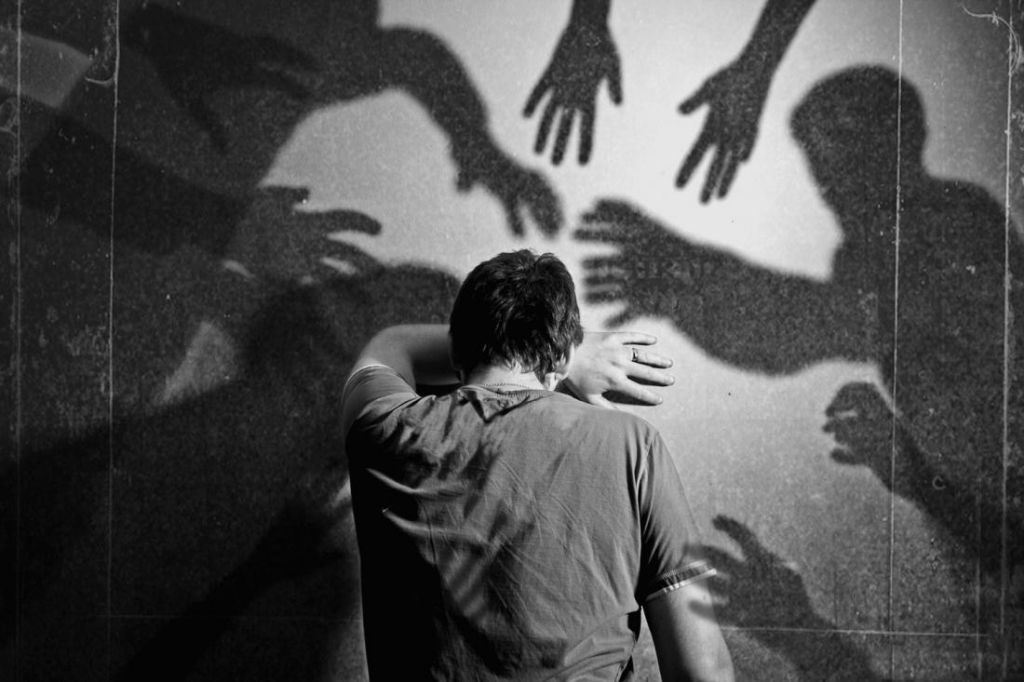 In some cases, just one extremely bad experience is enough to cause anthropophobia. But often it comes about after a series of bad experiences.
In some cases, just one extremely bad experience is enough to cause anthropophobia. But often it comes about after a series of bad experiences.
Betrayal from close loved ones can trigger this phobia. What begins as one betrayal can bring about a larger trust issue for a person. From there, it can grow into a complete fear of people and all social interactions.
Anthropophobia can also stem from your adrenal glands not working properly. Hormones from your adrenal glands can help or hurt how you deal with stress. Thyroid and heart problems can also be the culprit in anxiety disorders in general.
Sometimes there is a history of anxiety in the person’s family.
Symptoms of Anthropophobia
People sometimes don’t recognize early symptoms of anthropophobia. It can start with a person being unwilling to make eye contact with others, and with worrying about being watched. Along with that, the person is likely anxious about the possibility of being judged.
A clearer symptom is “anticipatory anxiety,” how a person stresses over an upcoming social event. You may end up experiencing stomach problems, sleeping disorders, and headaches as the date draws near.
You may end up experiencing stomach problems, sleeping disorders, and headaches as the date draws near.
Panic attacks are also common. They can come about when an anthropophobic person does have to face other people. Symptoms include:
- Sweating and shaking
- Reddening of the skin
- Finding it hard to breathe, speak, or make decisions
- Wanting to run away
- Having the feeling that something bad is about to happen
- Heart beating too fast
Treatments for Anthropophobia
A common fear among mental health specialists is that anthropophobia and other anxiety issues will lead people suffering from them to take comfort in recreational drugs and alcohol. They may even abuse prescription medications such as sedatives.
Unfortunately, drug and alcohol abuse usually just makes things worse if you are anthropophobic and trying to keep a job and deal with people.
If you are anthropophobic, know that there are several available treatment options. Although difficult, early detection is key for stopping the progression of this phobia.
Although difficult, early detection is key for stopping the progression of this phobia.
Treatment can be as simple as therapy sessions designed to change negative thoughts to positive thoughts. More extreme cases of anthropophobia will likely take longer to overcome and require more therapy.
A doctor will likely start with a complete physical to look for bodily causes of anxiety. The doctor may also prescribe medications to ease your symptoms and will check for warning signs of dependency. If you don’t want to take meds, you might also ask your doctor about hypnotherapy.
Mind-based therapies, or “talk therapy,” will likely be part of the treatment mix. Pieces of this type of therapy include:
Systematic desensitization. You begin by making a list of your fears and focus on relaxing while concentrating on what you fear. Start with what you fear the least and progress to what you fear the most.
Challenges to old behaviors and teaching new ones — with homework.
Support groups.
Stress management. Some researchers point to meditation and also are looking at the possibility of exercise as ways to ease symptoms.
Anthropophobia can begin with a simple bad experience with someone, grow into social anxiety, and become a crippling fear of all people. If you have this severe condition, early detection and seeking professional help can help ease you out of it. An anxiety hotline might start you off. Since anthropophobia is the fear of people, it can be difficult to seek help from another person, even if they are a professional. However, contacting your doctor is a necessary step to begin recovery.
Why are you afraid of close relationships and is there anything you can do about it
Intimacy is different - intellectual, emotional, sexual. Intimacy implies the ability and desire to share one's thoughts, emotions, feelings and innermost experiences, to allow another person to one's body. There are people who find it extremely difficult to trust themselves to someone . They are afraid to open up, to show real feelings - and there are various reasons for this.
There are people who find it extremely difficult to trust themselves to someone . They are afraid to open up, to show real feelings - and there are various reasons for this.
Karine Avanesyan
practicing psychologist, member of the Monstars influencer team
— Fear of intimacy is a paradoxical phenomenon. On the one hand, everyone wants to find a person who is similar in spirit and share a feeling of love and affection with him. On the other hand, as soon as a person appears on the horizon with whom intimacy is possible, the first begins to panic and reject.
The one who avoids intimacy is called counterdependent. Counterdependence is dependence on independence.
Possible reasons for fear of close relationships
Have you been betrayed or deceived
Perhaps there is no person who did not get burned one day, trusting and opening up to someone too much. After deceit, neglect of feelings, betrayal, our brain remembers that excessive emotional openness leads to pain. Therefore, he tries with all his might to avoid repeating this experience. Surely you have experienced a feeling of "internal" pain after a quarrel or a difficult breakup. It didn’t seem to you that for the human brain there is no difference between physical pain and moral pain.
After deceit, neglect of feelings, betrayal, our brain remembers that excessive emotional openness leads to pain. Therefore, he tries with all his might to avoid repeating this experience. Surely you have experienced a feeling of "internal" pain after a quarrel or a difficult breakup. It didn’t seem to you that for the human brain there is no difference between physical pain and moral pain.
You don't trust people
You were offended in childhood, loved ones mocked you - the reasons can be different. If you are a hypersensitive person, even a minor remark could cause you serious injury and cause you to avoid intimacy in the future.
You are afraid of judgment or ridicule
You avoid intimacy because you are ashamed of your real self, your emotions, appearance, attitudes, beliefs. At some point, you decided for yourself that it is easier to close yourself off from everyone than to constantly expect condemnation or ridicule.
You are afraid of being abandoned
Usually this fear comes from early childhood. The child is left alone for a long time, they do not have time to pick him up from the kindergarten at the usual time, they forget about him - and the kid is horrified that the parent supposedly left him forever. Such an experience can pass without a trace, or it can leave a deep mark and affect adult life.
You are afraid that you will cease to exist as a person
You have long and carefully shaped yourself as a person and now you are afraid that someone will “destroy” you at one moment. Fear of being controlled. The fear of being "absorbed" by another person appears due to self-doubt. It seems to you that you do not have enough energy to be on an equal footing with another person.
Karine Avanesyan
practicing psychologist, member of the Monstars influencer team
— Man is a social being. In childhood, parents swaddle us, wash, hug, cradle. The process of birth and growing up of a baby implies close contact, the baby cannot survive without parental care. It turns out that from childhood we are accustomed to contact, to tactility, we need "stroking" - physical and psychological. Everyone needs support, care, affection and love. This is how we are.
In childhood, parents swaddle us, wash, hug, cradle. The process of birth and growing up of a baby implies close contact, the baby cannot survive without parental care. It turns out that from childhood we are accustomed to contact, to tactility, we need "stroking" - physical and psychological. Everyone needs support, care, affection and love. This is how we are.
The reasons for the fear of intimacy lie in childhood. The parent is the most important person in a child's life, and it is from the parents that the child learns love, intimacy, emotionality, tactility. A counter-dependent person could be rejected, ignored, or he did not have an emotional connection with his parents. Because of this, the child received a psychological trauma that he would never want to experience again. Now he lives according to the scenario: “I will be the first to reject my partner so that he does not have time to leave me and I do not experience that pain again.”
How to understand that you are afraid of intimacy
Fear of intimacy can be experienced by both very open and sociable people, and closed ones.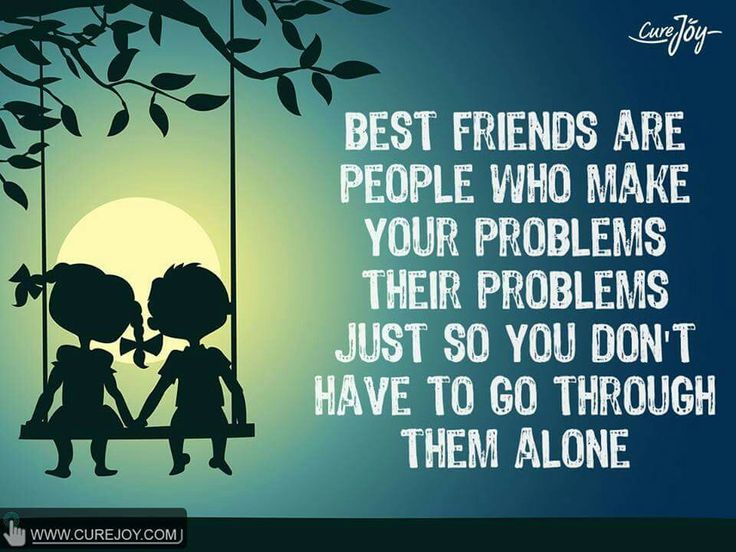 Here are signs that indicate that you are afraid of intimacy:
Here are signs that indicate that you are afraid of intimacy:
You go on dates without commitment
Meetings without obligations seem to you a good alternative to a serious relationship. You often change partners, while avoiding talking about the future and feelings. You prefer an anonymous sex dating app to Tinder - you don't want to contact people who are planning something serious. You say you want to live for today, but sometimes you realize that you are deceiving yourself.
You have isolated yourself from people
And it's not about self-isolation because of the coronavirus. You do not try to establish connections, communicate, avoid any communication other than forced, for example, at work. It seems to you that no one can understand you, so there is no point in wasting energy.
It's hard for you to explain what you want
Because of this, the relationship does not last long.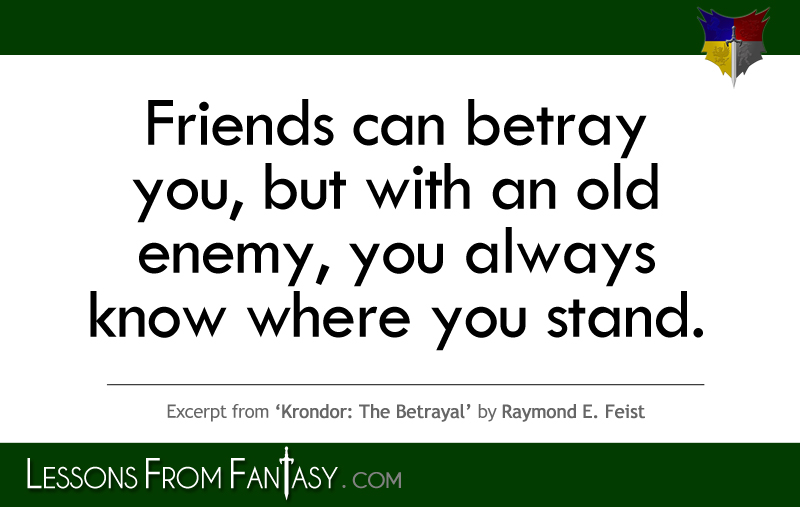 Partners do not know how to read minds, and it is difficult for you to express your desires and needs. In this way, you can push away a person who will eventually leave you without understanding the reason.
Partners do not know how to read minds, and it is difficult for you to express your desires and needs. In this way, you can push away a person who will eventually leave you without understanding the reason.
You feel that you do not deserve attention and support
Low self-esteem, neglect of oneself as a person leads to ignorance of real needs. Perhaps you want warmth and emotional closeness, but you think that you do not deserve it.
You avoid sex
under various pretexts. You've convinced yourself that you don't feel like it or that sex is an unnecessary cost of communication. In fact, it is difficult for you to open up to another person.
Karine Avanesyan
practicing psychologist, member of the Monstars influencer team
— When someone by his actions or words recognizes and shows the importance of the counter-dependent for himself, it seems to him that he is being strangled. He begins to avoid meetings, moves away and behaves coldly. Interestingly, from intimacy and love, such a person really becomes hard and even physically ill.
He begins to avoid meetings, moves away and behaves coldly. Interestingly, from intimacy and love, such a person really becomes hard and even physically ill.
The counter-addict is in a trap: on the one hand, he is afraid of intimacy and runs away from it so as not to suffer as in childhood, and on the other hand, he wants intimacy because he feels lonely. But he cannot afford it.
As a rule, people who have a fear of intimacy are successful professionals, workaholics and perfectionists. Why do these people go into perfectionism and strive to be perfect? They are driven by the fear of rejection. To protect himself, a person tries to be perfect.
The counter-addict seeks not to depend on anyone and to provide himself with everything he needs. He is financially independent, he feels great alone, even locked up. He doesn't need someone else.
The usual feelings of a counter-addict: anxiety, self-aggression (aggression directed at himself), feeling that he can do more and better.
Coping
Each case is individual, so the best solution is to find a therapist or psychologist with whom you will be comfortable solving the problem. Compassion for yourself and acceptance of your feelings is the first step towards overcoming the fear of intimacy. Give yourself time, don't make hasty decisions. Imagine that that very child still lives inside you - a little boy or girl who really wants to feel the safety and care of a loved one. Now you are able to give yourself all the warmth you need.
Karine Avanesyan
practicing psychologist, member of the Monstars influencer team
- Fear of intimacy is a deep problem. Counter-addicts usually don't see this as a problem, so they don't do anything about it. They devalue all partners, convincing themselves that they are not good enough for him. Because of what they do not linger in a relationship for a long time. To overcome counter-dependence, it is important to recognize the problem, and then turn to a specialist.
How to keep friendships at a distance
March 25, 2017 Relations
It seems that modern technology allows you to maintain any contacts anytime and anywhere. But what about those who decide to go far and for a long time? Find out if it is possible to keep friendships at a distance and how not to lose an emotional connection with friends.
In search of change, new experiences and a higher standard of living, many of us or our friends change their place of residence and move to other cities and countries. If homesickness is a purely individual matter, hardly anyone will argue that it is easy to part with like-minded people.
One of the most painful moments of moving is the fear of losing old friends. Of course, when you change your place of residence, new acquaintances appear, but still an old friend is better than two new ones.
Is it possible to maintain a friendship at a distance if you or your friends have decided to move
The answer to this question depends on many factors. The main one is your mutual desire to remain friends. I changed countries twice, and when I returned back, my closest friends scattered around the world. At the same time, the geography of the new places where they settled is really amazing: Great Britain, Spain, the USA, France, Canada, Norway and even Indonesia.
The main one is your mutual desire to remain friends. I changed countries twice, and when I returned back, my closest friends scattered around the world. At the same time, the geography of the new places where they settled is really amazing: Great Britain, Spain, the USA, France, Canada, Norway and even Indonesia.
But there is still friendship at a distance. Here everything depends on your desire. If friendship with a particular person is truly important to you, no distance will be a hindrance to you.
How not to lose an emotional connection if you live in different places
Do not stop casual communication over trifles
It is very easy to move away from each other at a distance. But only if you don't share information. Real friendly intimacy implies ease and ease in communication, which are often made up of little things. Now you don't even have to waste time writing letters. Just let us know how you're doing by recording a voice message.
If you live nearby, you probably exchange stupid jokes, photos or some not very important facts from your life with your friends.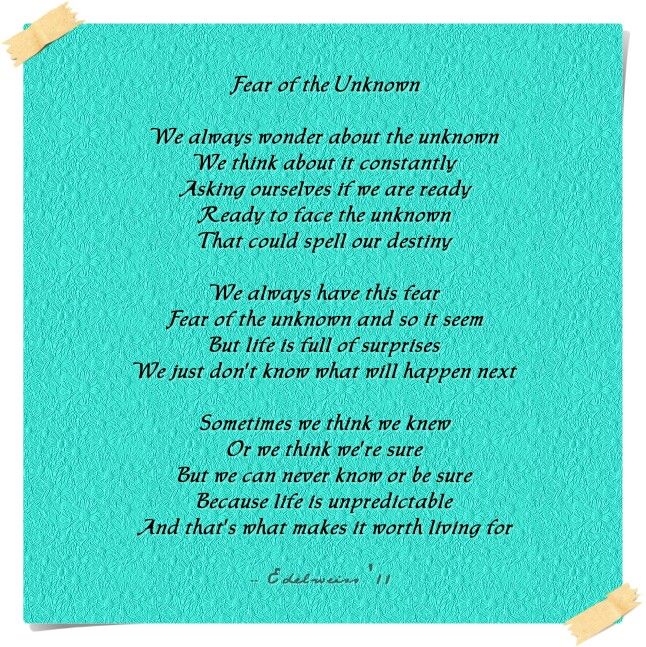 If your friend has moved to a different country or city, essentially nothing has changed. You can also send stupid messages to each other in messengers that do not carry a large semantic load.
If your friend has moved to a different country or city, essentially nothing has changed. You can also send stupid messages to each other in messengers that do not carry a large semantic load.
Headache? Write to a friend about it. At the same time, there will be a great reason to ask how he is doing. Did they give you flowers? Send a photo of them to a friend. There will be a reason to talk about a new fan. Did you see an old photo from a trip together? Send it to a friend and remember past adventures.
The little things in life help to maintain a friendly emotional background and the feeling that you still speak the same language. It will be easier to start any conversation next time.
Feel free to write first and make a step forward
A good friendship involves both parties. When you are far away from each other, forget about minor grievances. It doesn't matter who gets in touch first. You may simply not know how the other person feels in a new place at a particular moment, and your message may turn out to be a pleasant and unexpected surprise.
If they don't write or call you, it doesn't mean at all that they forgot about you, stopped loving you or found a replacement. It happens that there is simply not enough time, energy or reason to initiate communication. Perhaps your friend is going through a difficult period and is embarrassed to talk about his difficulties. Remember that resentment does nothing to strengthen friendship.
Show initiative and interest in a friend's life. Numerous instant messengers and social networks will allow you to find out what your friend is feeling and doing at the moment, where he goes and what impressions he gets. Write first, even if you have to do it periodically. If you appear in the life of another person from time to time, sooner or later your friend will begin to reciprocate and be the first to make contact.
Make surprises even if you live far apart
We all like to think and it is extremely important to know that somewhere far away we are remembered and loved.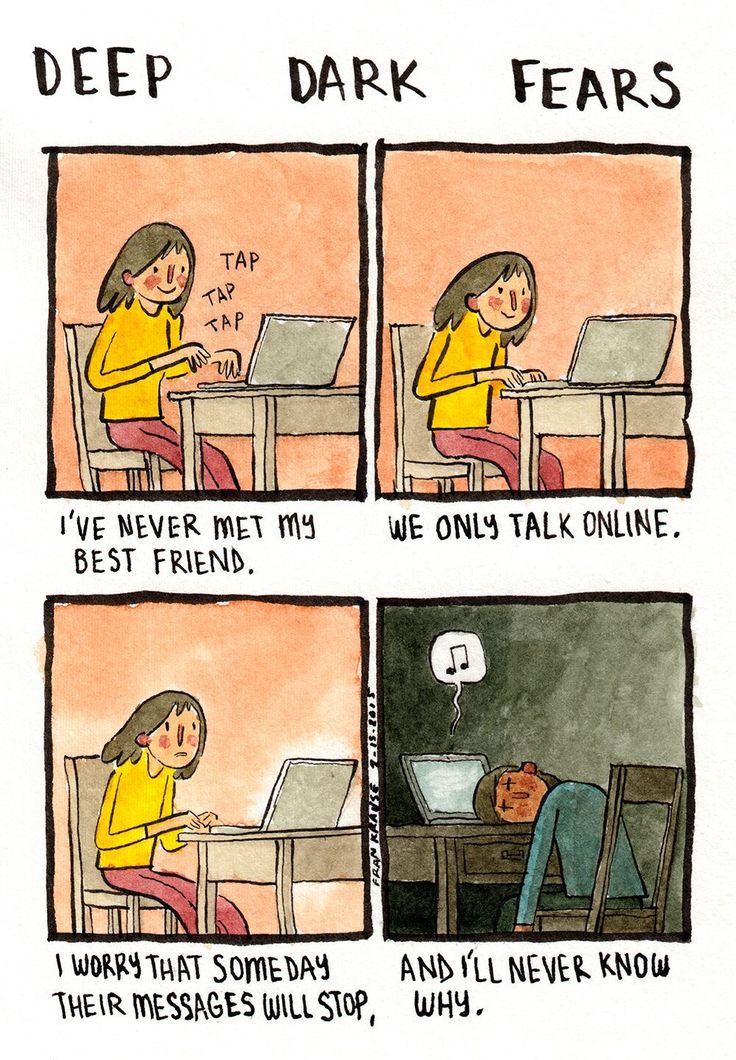 Surprises from afar are very unexpected in themselves. Don't be lazy and take the time and energy to do something nice for your friend from a distance.
Surprises from afar are very unexpected in themselves. Don't be lazy and take the time and energy to do something nice for your friend from a distance.
Technology allows you to make any surprises, no matter where you and your friend are now. Is your friend's birthday? Order flowers with delivery. Do you miss adventures together? Make an album with your photos and send it by courier. Did you see a cool present? Buy online with delivery to a friend's house.
You can also create new traditions. For example, send each other postcards from different places. It is very inexpensive, and it is incredibly pleasant to receive them. And if you can, be sure to come to a friend without telling him anything. Seeing a friend you didn't expect to meet soon is truly priceless. Just before the trip, do not forget to make sure that your friend is currently in the city.
Don't forget important dates
We live in the age of social networks, so you don't have to remember when your friends' birthdays are. Facebook* will remind you in time. Therefore, do not be lazy to call once again and congratulate your friend on the holiday, because it is always nice to hear the voice of a loved one. Spending five minutes of your time will create a good mood for you and your friend for the whole day.
Facebook* will remind you in time. Therefore, do not be lazy to call once again and congratulate your friend on the holiday, because it is always nice to hear the voice of a loved one. Spending five minutes of your time will create a good mood for you and your friend for the whole day.
Never be offended if a friend forgot to congratulate you. Perhaps he had an extremely difficult work week or an accident happened. Write about an important date yourself and forget about resentment. There are many things that can be done in a relationship. The main thing is to explain in time what happened.
Create group messages and chats
The group dynamics of shared chats will help you stay emotionally connected with your friends. One head is good, but several are better. Periodically, chats come to life, and the conversation starts by itself.
If you have common interests and acquaintances, you will have something to talk about. Group correspondence helps keep abreast and maintain relationships at a distance.
